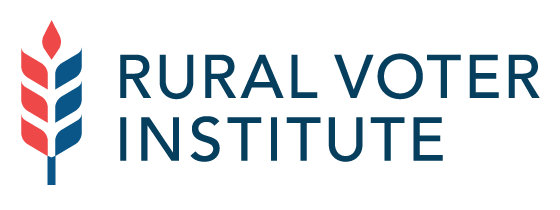RVI Report: COVID-19 and Rural Voters
As part of the Rural Voter Institute’s research, RVI explored perceptions of the COVID-19 pandemic among rural voters in Wisconsin, Michigan, and Minnesota. The focus groups, held in May, June, and July, found COVID-19 a top-of-mind issue for most panelists.
Understanding the mindset of the rural voters regarding COVID-19 involved considering a range of perspectives. Top line findings included below, followed by perceptions of the COVID-19 pandemic related to public health, the economy, federal government response, and state government response.
Health care was a top-testing issue for rural voters when polled, and polling and focus groups explored how to best communicate health care agenda items in context of the COVID-19 pandemic and its perception among rural voters. Download the memo to read more about how to related the core values of a healthcare agenda with rural voters in context of the COVID-19 pandemic.
Top Line Findings:
Almost universal among panelists was a belief the pandemic’s impacts on the economy and small businesses were greater than its impact on public health and local community health.
Rural voters perceived a strong distinction between the pandemic’s impact and dynamic in rural communities versus urban and suburban communities and they believed public policy decisions regarding the pandemic should acknowledge that. Panelists were largely critical of their state government’s response to the pandemic.
Rural voters strongly supported addressing rural healthcare access, rural hospitals and rural health infrastructure.
Overwhelmingly, panelists believed the worst effects of the pandemic were still to come, whether they considered those effects to be economic or related to public health.
With a few exceptions, respondents were generally pessimistic, including anxiety over COVID-19 concerns. Panelists were feeling the health, economic and social impacts of life during a pandemic.
